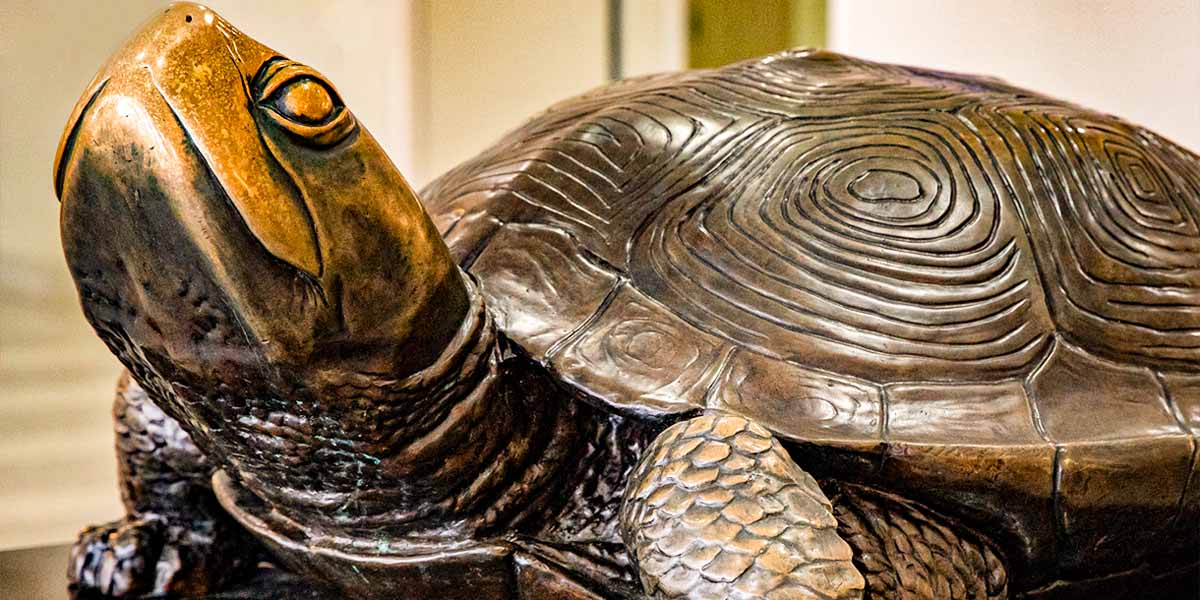A review of the Center’s work at the intersection of disability and technology over its first five decades, and a look at its current work.

This year marks the 50th anniversary of the University of Maryland (UMD) Trace Research & Development Center.
This presentation surveys Trace’s work over the past five decades, from its origins as an undergraduate student group working in the field of augmentative communication (a term coined by Trace Center researchers) through its impact on computer access and inclusive design of ICT. The presentation identifies lessons learned from a long history of working with disability groups, government agencies, and more than 50 companies.
The history of the Center is reviewed by Dr. Vanderheiden, and each of the Trace investigators (Drs. Amanda Lazar, Hernisa Kacorri, J. Bern Jordan, Jonathan Lazar, and Gregg Vanderheiden) presents an overview of their current work in areas including dementia research, inclusive AI, teachable interfaces, auto-personalization, accessibility guidelines and standards, public policy, and reimagining accessibility for the future.
In 2016, the Trace Center moved from the University of Wisconsin-Madison to the UMD iSchool. In October 2021, Trace Founder and Director Dr. Gregg Vanderheiden passed the gavel to new director Dr. Jonathan Lazar to carry the center’s legacy of accessibility research, policy, and impact into the next half century.